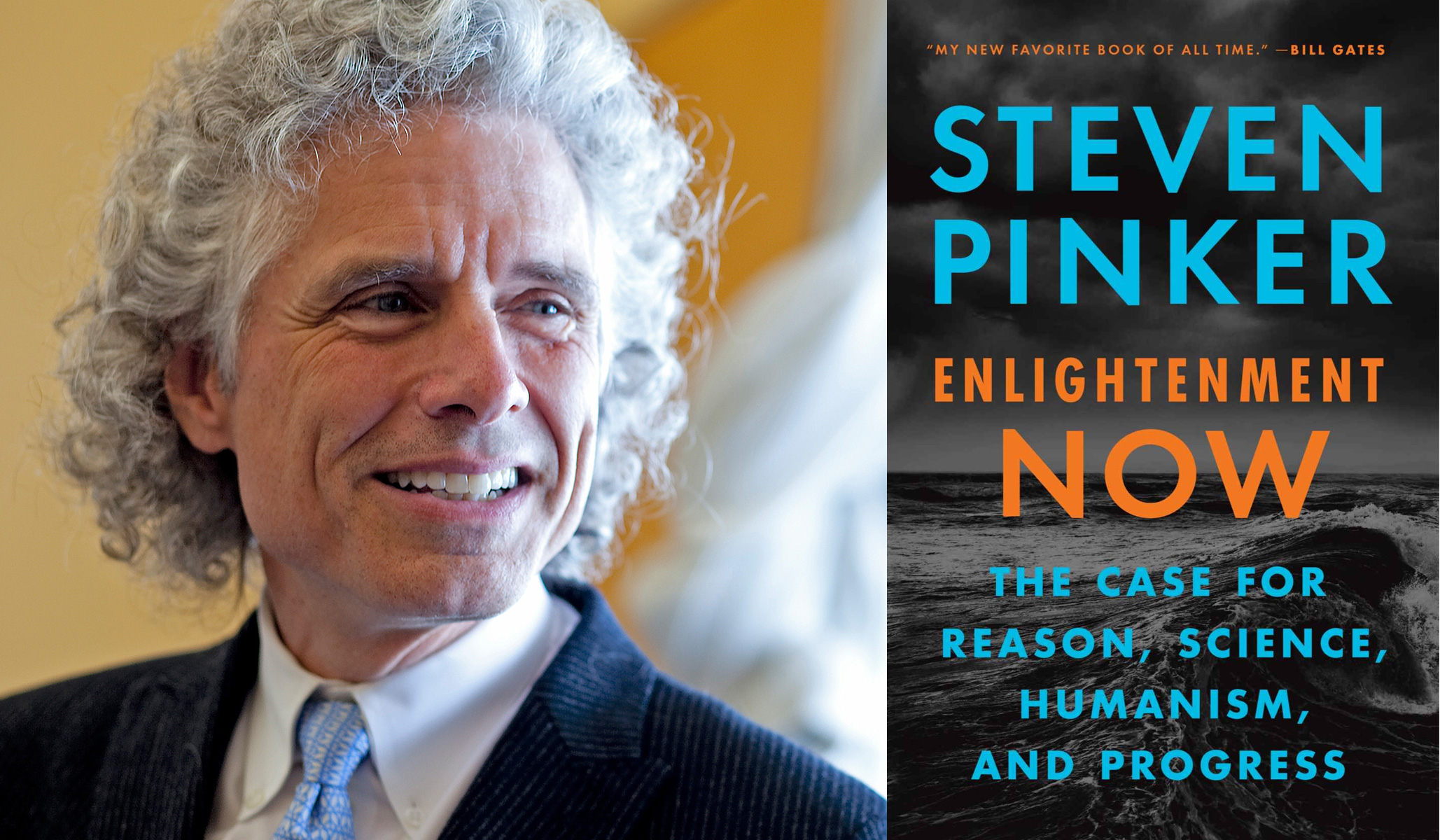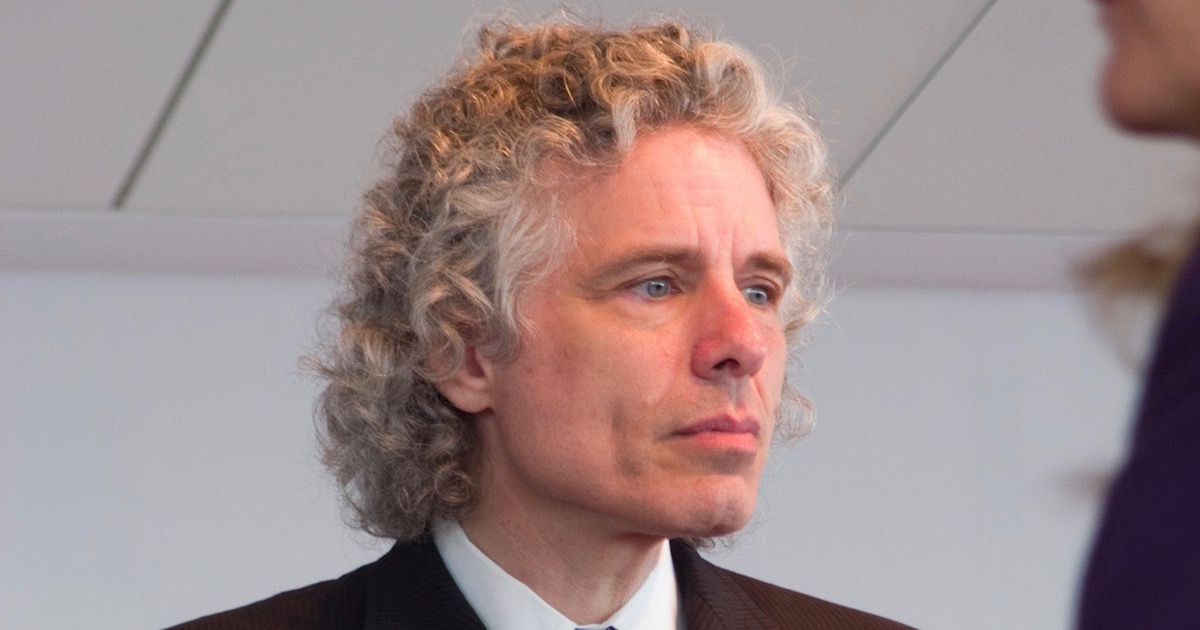
/https://www.thestar.com/content/dam/thestar/entertainment/books/2018/04/12/toronto-star-bestsellers-for-the-week-ending-march-31/enlightenment_now_by_steven_pinker.jpg)
They insisted that it was only by calling out the common sources of folly that we could hope to overcome them. Thinkers such as Kant, Baruch Spinoza, Thomas Hobbes, David Hume and Adam Smith were inquisitive psychologists and all too aware of our irrational passions and foibles. Nothing could be further from historical reality. Many writers today confuse the Enlightenment endorsement of reason with the implausible claim that humans are perfectly rational agents. If there’s anything the Enlightenment thinkers had in common, it was an insistence that we energetically apply the standard of reason to understanding our world, and not fall back on generators of delusion like faith, dogma, revelation, authority, charisma, mysticism, divination, visions, gut feelings or the hermeneutic parsing of sacred texts.

War was no longer thought of as a divine punishment to be endured and deplored As soon as you show up to discuss the question of what we should believe (or any other question), as long as you insist that your answers, whatever they are, are reasonable or justified or true and that therefore other people ought to believe them too, then you have committed yourself to reason, and to holding your beliefs accountable to objective standards.

The era was a cornucopia of ideas, some of them contradictory, but four themes tie them together: reason, science, humanism and progress.įoremost is reason.

Provoked by challenges to conventional wisdom from science and exploration, mindful of the bloodshed of recent wars of religion, and abetted by the easy movement of ideas and people, the thinkers of the Enlightenment sought a new understanding of the human condition. The Enlightenment is conventionally placed in the last two thirds of the 18th century, though it flowed out of the Scientific Revolution and the Age of Reason in the 17th century and spilled into the heyday of classical liberalism of the first half of the 19th. What is the Enlightenment? There is no official answer, because the era named by Kant’s essay was never demarcated by opening and closing ceremonies like the Olympics, nor are its tenets stipulated in an oath or creed. Enlightenment’s motto, he proclaimed, is: “Dare to understand!” and its foundational demand is freedom of thought and speech. What is enlightenment? In a 1784 essay with that question as its title, Immanuel Kant answered that it consists of “humankind’s emergence from its self-incurred immaturity”, its “lazy and cowardly” submission to the “dogmas and formulas” of religious or political authority.


 0 kommentar(er)
0 kommentar(er)
